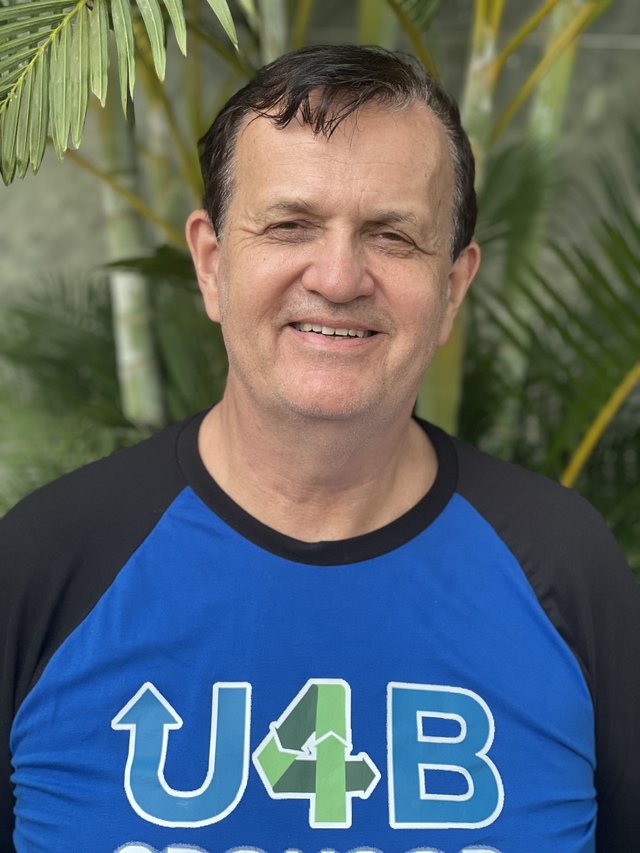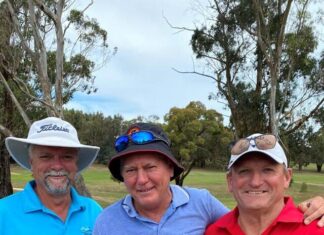Recycling issues continue

Digital Edition
Subscribe
Get an all ACCESS PASS to the News and your Digital Edition with an online subscription
Eager MGGC golfers compete in Stablefords
THE Mount Gambier Golf Club's Thursday Pro Shop Stableford competition attracted 98 players on February 12, with the usual count-backs required to determine the...







